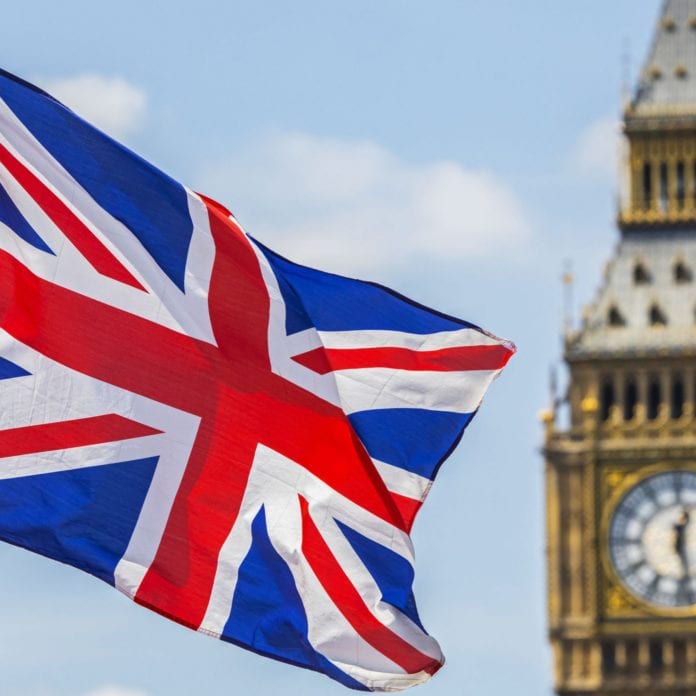The U.K. government announced that ex-BT CEO and former trade minister Ian Livingston is to chair a new task force to drive forward ongoing work to diversify the country’s telecoms supply chain and reduce reliance on high-risk vendors.
Later this year, the government will publish its Telecoms Diversification Strategy to address a “market failure” where mobile companies are limited to using just three major suppliers in their telecoms networks. This restricts choice and poses a risk for the security and resilience of the UK’s future digital networks, the government said.
The U.K. government noted that the global market for communications network equipment is currently dominated by three vendors – Huawei, Ericsson and Nokia. With the new task force, the government said it aims to bring more players into the market to make networks more secure.
“The Telecoms Diversification Task Force will provide independent expert advice to the government as it works towards diversifying the network so that telecoms companies do not have to use high-risk vendors like Huawei or rely on individual vendors to supply equipment in their networks,” the government said in a statement.
The task force, which includes senior representatives of Vodafone and Openreach alongside industry and academic experts, and will support the development and implementation of the strategy.
Digital Secretary Oliver Dowden said: “To deliver the revolutionary benefits of 5G networks for people and businesses, we need to be confident in their security and resilience. A more diverse supply chain is essential to reducing our dependence on individual suppliers and improving telecoms security – as well as a great economic opportunity for the U.K.”
“The U.K. is already a leading nation in the adoption and use of digital communications,” said Lord Livingston, chair of the Diversification Task Force. “It is vital that we position ourselves for the next generation of technology, particularly 5G, by having a wide choice of secure, innovative and high quality suppliers.”
Through the diversification strategy, the task force will look at creating targeted measures to attract new vendors alongside the current pool of incumbent, non-high risk suppliers. The government says it is talking to a range of vendors about how it can support them to enter the market and accelerate diversification.
The task force will also explore how to incentivize research and development in the sector, including accelerating the development of open and interoperable equipment which can be used by multiple vendors, such as OpenRAN.
In July, the U.K. government announced that Chinese vendor Huawei’s gear will be completely removed from the country’s 5G networks by the end of 2027, following new recommendations by the National Cyber Security Center (NCSC) on the impact of U.S. sanctions against the telecommunications vendor.
The government had also confirmed that it will also implement a total ban on the purchase of new Huawei kit for 5G, starting in 2021.
The decision was made in a meeting of the National Security Council (NSC) chaired by the Prime Minister Boris Johnson, in response to recent U.S. sanctions.
U.K. experts reviewed the consequences of the escalated U.S. sanctions and concluded that Huawei will need to do a major reconfiguration of its supply chain as it will no longer have access to the technology on which it currently relies and there are no alternatives which the group had sufficient confidence in. They found that the new restrictions make it impossible to continue to guarantee the security of Huawei equipment in the future.

